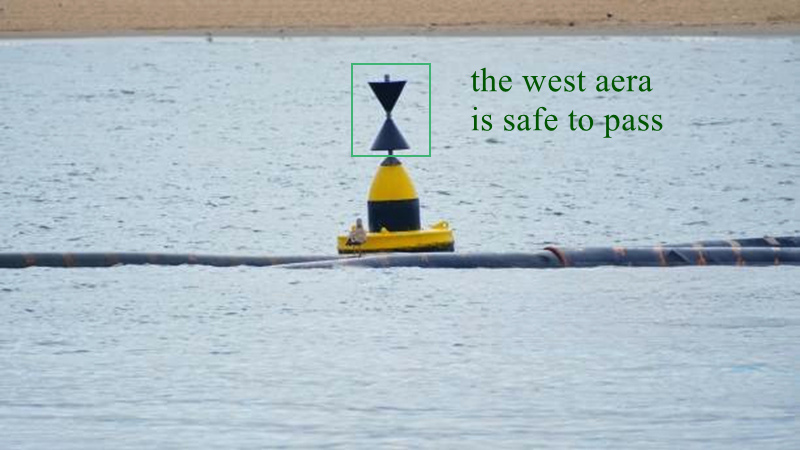Navigating safely at sea requires reliable aids to help ships avoid dangers such as rocks, shallow waters, or wrecks. One of the most important navigation markers used around the world is the cardinal buoy. These floating markers help mariners determine the location of safe water about nearby hazards. But what exactly is a cardinal buoy, and how does it work?

In this guide, we’ll explain the types of cardinal buoys, how to recognize them, and why they are essential for safe marine navigation.
What is a Cardinal Buoy?
A cardinal buoy is a type of sea navigation buoy that indicates the position of safe water relative to a hazard. It uses the four main compass directions—North, East, South, and West—to tell mariners which side of the buoy is safe for passage. They follow the IALA Maritime Buoyage System (International Association of Marine Aids to Navigation and Lighthouse Authorities), used worldwide to standardize navigation safety.

Types of Cardinal Buoys and Their Meanings
Cardinal Mark | Top Mark Shape | Color Pattern | Safe Water Is |
North | ▲▲ (Both cones point up) | Black on top, yellow below | To the North of the buoy |
East | ▲▼ (cones point away from each other) | Black - Yellow - Black | To the East of the buoy |
South | ▼▼ (Both cones point down) | Yellow on top, black below | To the South of the buoy |
West | ▼▲ (cones point towards each other) | Yellow - Black - Yellow | To the West of the buoy |
Light Characteristics of Cardinal Buoys
Cardinal buoys are equipped with white flashing lights at night. Each cardinal mark has a unique flashing sequence to help mariners identify it in the dark:
North Cardinal – Continuous quick, or very quick flashes
East Cardinal – 3 quick or very quick flashes in a group
South Cardinal – 6 quick flashes + 1 long flash
West Cardinal – 9 quick flashes in a group
Why Are Cardinal Buoys Important?
-- Mark Dangerous Areas: Indicate the safest passage around rocks, reefs, or wrecks.
-- Enhance Navigation Safety: Especially critical in narrow channels or unfamiliar waters.
-- Universal System: Used globally, recognized by all trained mariners.

Where Are Cardinal Buoys Used?
Cardinal buoys are used in coastal waters, open seas, and around offshore constructions like oil rigs, wind farms, and harbor entrances. Wherever there’s a need to guide vessels around hazards, cardinal buoys play a key role.

Understanding how to pass a cardinal buoy is essential for safe marine navigation. These markers clearly indicate which direction to go to avoid danger, helping vessels of all sizes navigate with confidence.
If you’re working on a marine project and need reliable, high-performance buoys built to IALA standards, ZAZ Buoys is ready to provide professional solutions, including customized buoy designs for your specific needs.
Contact us today to learn more about our marine buoy systems.